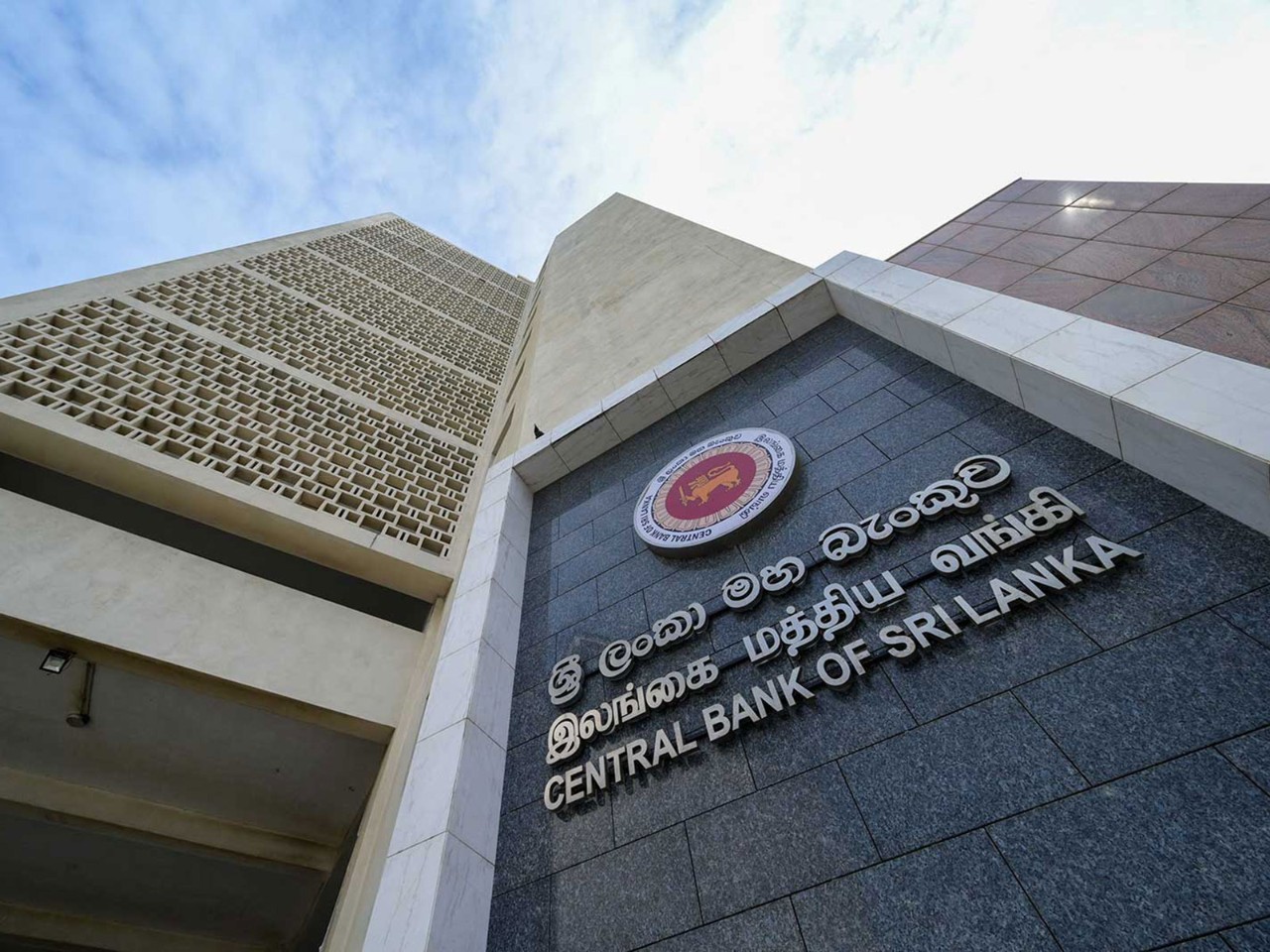
The Gulf Cooperation Council (GCC) region is seeing a significant shift as environmental, social and governance (ESG) principles reshape business practices, particularly in Saudi Arabia, Oman and the UAE. These nations are prioritising sustainability to drive long-term resilience in their economies, especially as public demand for ethical and transparent business grows.
Family-owned businesses, a key part of the GCC’s economic landscape, are gradually integrating ESG frameworks, balancing traditional growth goals with new expectations around environmental and social impact. But these family enterprises face unique challenges, and each GCC country has its own distinct approaches to aligning business practices with sustainability goals.
Climate action
For Middle Eastern executives, climate change has risen as a critical business priority. According to the Deloitte 2024 CxO Sustainability Report, 43% of regional executives rank climate action as their main focus, placing it ahead of other concerns like economic and geopolitical stability.
Some family businesses face internal resistance to rapid change
This focus on climate is consistent with global trends, though it carries particular importance in the GCC, where economies are actively working to diversify from oil reliance. The UAE’s global Waste to Zero initiative, which targets emissions reduction through waste management, and Oman’s 2050 commitment to zero-emission vehicles, are examples of national policies driving this shift.
‘Family businesses are enhancing governance structures, reducing carbon footprints and adopting socially responsible practices,’ explains Nawazish Mirza, professor and director academics of MSc International Corporate Finance at Excelia Business School. However, challenges remain as family businesses operate under different regulatory frameworks to listed companies and, in some cases, face internal resistance to rapid change.
Public expectations
The UAE stands out in terms of public awareness and expectations surrounding ESG. A 2024 SEC Newgate survey found that 80% of UAE residents are aware of ESG, with half of those having a good understanding of the principles, reflecting a high level of interest compared to global averages. This public focus on corporate responsibility is evident in sectors such as banking, tourism and transportation, though opinions on the energy transition remain mixed – over half of respondents feel the shift is happening too quickly, while nearly 90% support renewable energy initiatives.
Younger members bring global perspectives on sustainability
‘High sensitivity to greenwashing underscores a demand for authentic ESG integration,’ says Dr Anil Khurana, executive director at Georgetown University’s Baratta Center, adding that businesses are increasingly expected to provide transparent updates on their ESG efforts. This awareness puts added pressure on companies to integrate ESG authentically, rather than as a surface-level initiative, especially for family-run businesses.
ESG pressures
Family-run enterprises, a major economic force in the GCC, face their own pressures to adopt comprehensive ESG frameworks. ‘They are realising that sustainability is critical for what we call the 4 Cs: competitiveness, capital, customers and compliance,’ says Wissam Yassine, partner at Bain & Company Middle East. Family businesses operate under different conditions to publicly listed companies, with fewer regulatory pressures and more centralised decision-making, which can slow ESG adoption.
This structure often requires balancing traditional values with modern sustainability goals, which can vary widely across generations within the same business. According to a 2022 PwC Middle East study, over 60% of next-generation family-business leaders in the GCC feel responsible for climate action, compared to 30% among the current leadership. This generational shift is introducing a new dynamic into family businesses, as younger members bring global perspectives on sustainability and attempt to align these with established corporate values.
National strategies
ESG priorities differ across GCC nations, with each country taking unique approaches shaped by national objectives. Saudi Arabia’s Vision 2030 is a prime example, prioritising sustainability through the Saudi Green Initiative, which promotes renewable energy and green finance. This initiative is supported by major investments from entities like Saudi Aramco and the Public Investment Fund, focusing on sustainable technologies such as hydrogen production and carbon capture.
‘Family businesses prioritising ESG are noticing tangible benefits’
Oman’s approach to ESG is progressing steadily, with a focus on transparency and governance to attract foreign investment. The country’s emphasis on sustainable tourism and green infrastructure aligns with its goals for economic diversification. Meanwhile, the UAE’s Net Zero by 2050 strategic initiative positions the nation as a leader in ESG adoption, with Dubai and Abu Dhabi actively promoting green finance and renewable energy projects.
‘The UAE’s proactive approach has created an environment where businesses can integrate ESG into their core strategies,’ says Yassine, noting that this includes incentives for renewable investments and structured reporting requirements.
Economic incentives
Family businesses that adopt ESG principles are seeing some economic benefits, particularly in terms of improved operational efficiency and access to sustainable financing. Sal Jafar, CEO of ESG MENA, says: ‘Family businesses prioritising ESG are noticing tangible benefits, from better access to capital to enhanced customer loyalty.’
Integrating standards voluntarily is becoming a marker of forward-thinking strategy
However, Jafar also points out that these advantages depend on genuine integration, as customers and investors increasingly favour businesses that demonstrate a clear commitment to sustainability.
The path forward
As the GCC’s ESG regulatory landscape continues to develop, regional frameworks are evolving to support this transition, particularly where listed companies are concerned. For family-owned businesses, which are largely private, integrating these standards voluntarily is becoming a marker of forward-thinking strategy and resilience.
The adoption of ESG principles across the GCC highlights an ongoing transformation where regional businesses are not only aligning with global sustainability trends, but also tailoring their approaches to meet local needs. With a mix of regulatory support, public expectations, and generational shifts within family businesses, the region is setting a foundation for a sustainable economic future.


